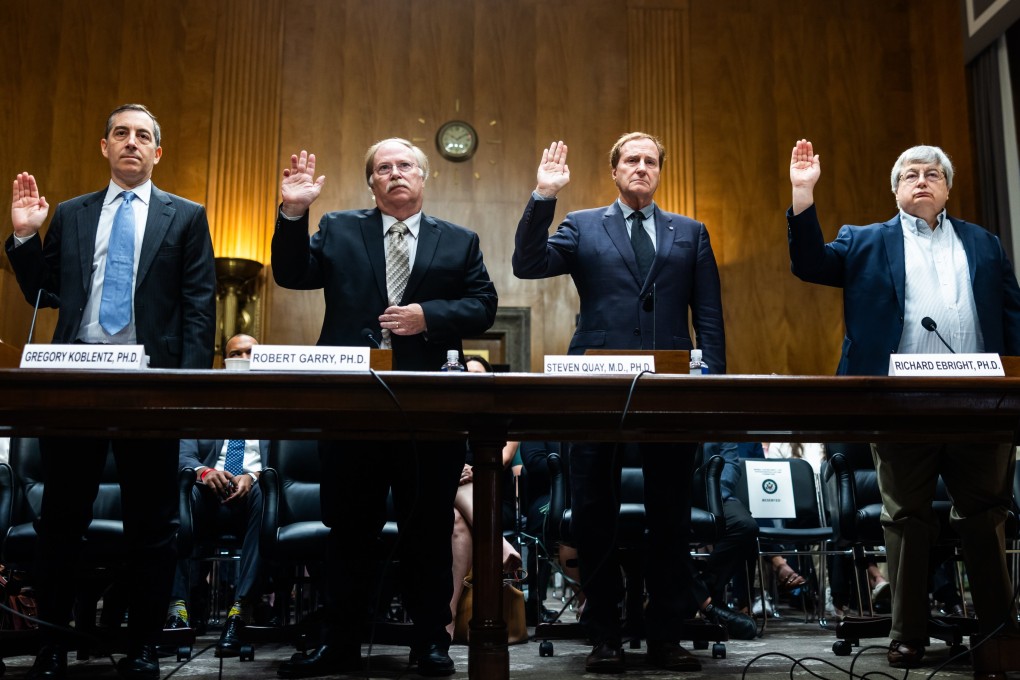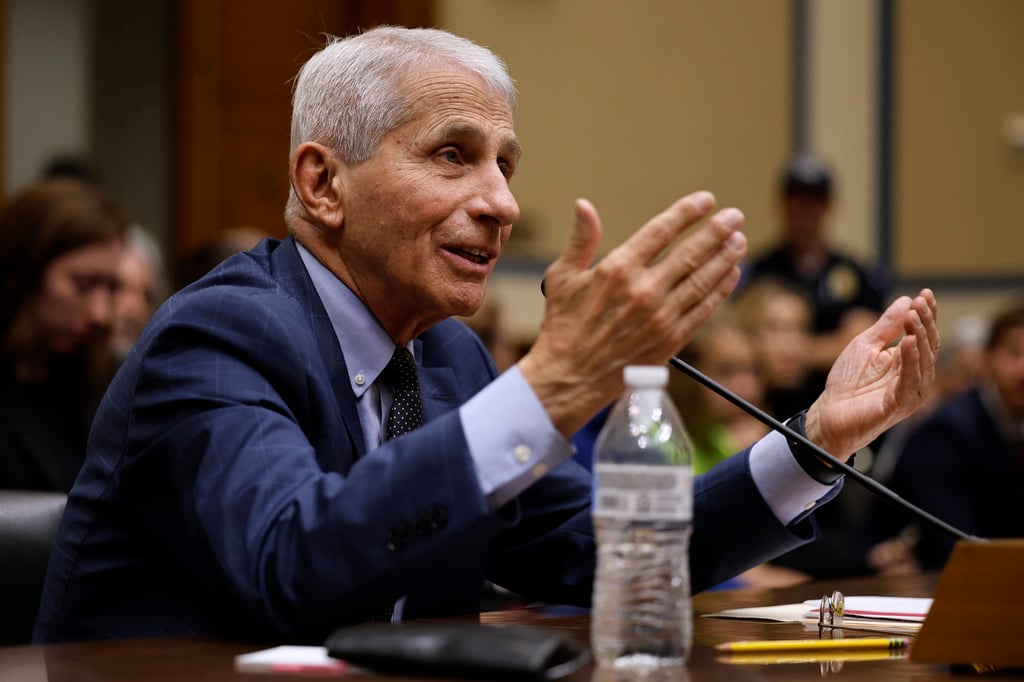Before US Senate panel, scientist defends his rejection of Covid-19 lab leak theory
- The four scientists testifying, as well as lawmakers, acknowledge that the roots of the coronavirus will never be known with certainty

A world renowned virologist once again refuted Republican-led allegations that he and other scientists deliberately altered or hid conclusions related to Covid-19’s origins.
Speaking at a US Senate homeland security committee hearing on Tuesday, Robert Garry, a professor and associate dean at Tulane University’s School of Medicine, said he abided by the scientific method in concluding that the virus causing Covid-19 was likely the result of a natural spillover from animals to humans and not created at a lab in Wuhan, China.
Garry is a co-author of a 2020 Nature Medicine article that rejected the lab leak hypothesis, which has been the subject of several hearings convened by the Republican-led US House. At question was a set of private messages that year between him and other scientists in which Garry expressed doubts about the likelihood of the virus’s natural transmission.
“Despite these private doubts, publicly these so-called experts and their allies were dismissing the lab leak theory as a conspiracy,” said Senator Rand Paul, a Republican from Kentucky and ranking member on the committee. Paul also highlighted private comments made by Anthony Fauci, who during the pandemic led the National Institute of Allergy and Infectious Diseases; Francis Collins, then director of the National Institutes of Health; and Kristian Andersen, an evolutionary biologist at Scripps Research and Garry’s co-author on the four-year-old paper.

Garry, in response, said that at the outset of writing the article, he did not rule out three possible pathways: direct spillover from bat to human, spillover from bat to human via an intermediate animal and a leak resulting from a research incident. As more evidence came to light, however, he said it became clear that the spill “happened naturally, likely at the Huanan seafood market in Wuhan, China”, adding that he would continually re-evaluate this conclusion if new evidence came to light.
